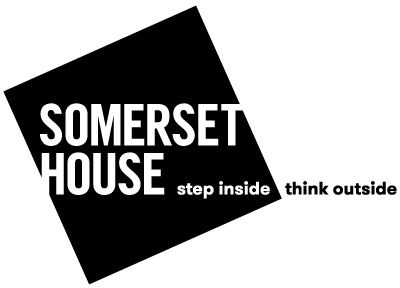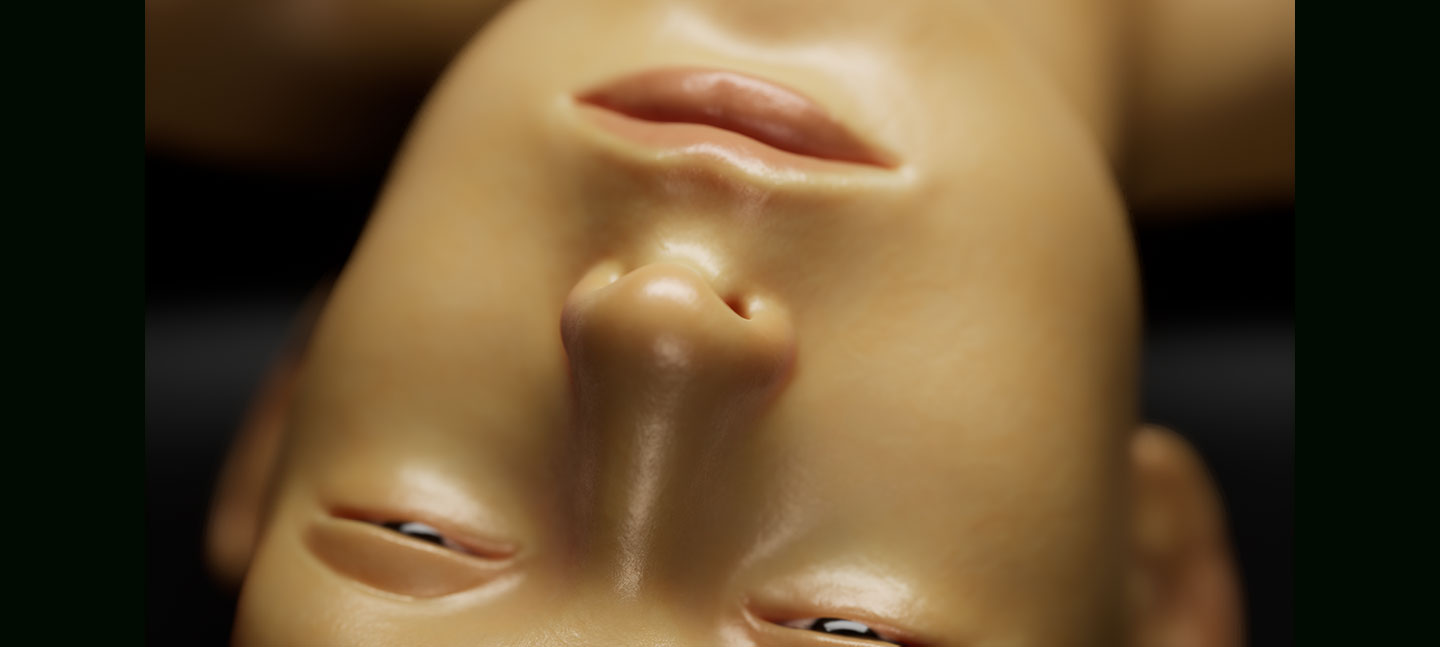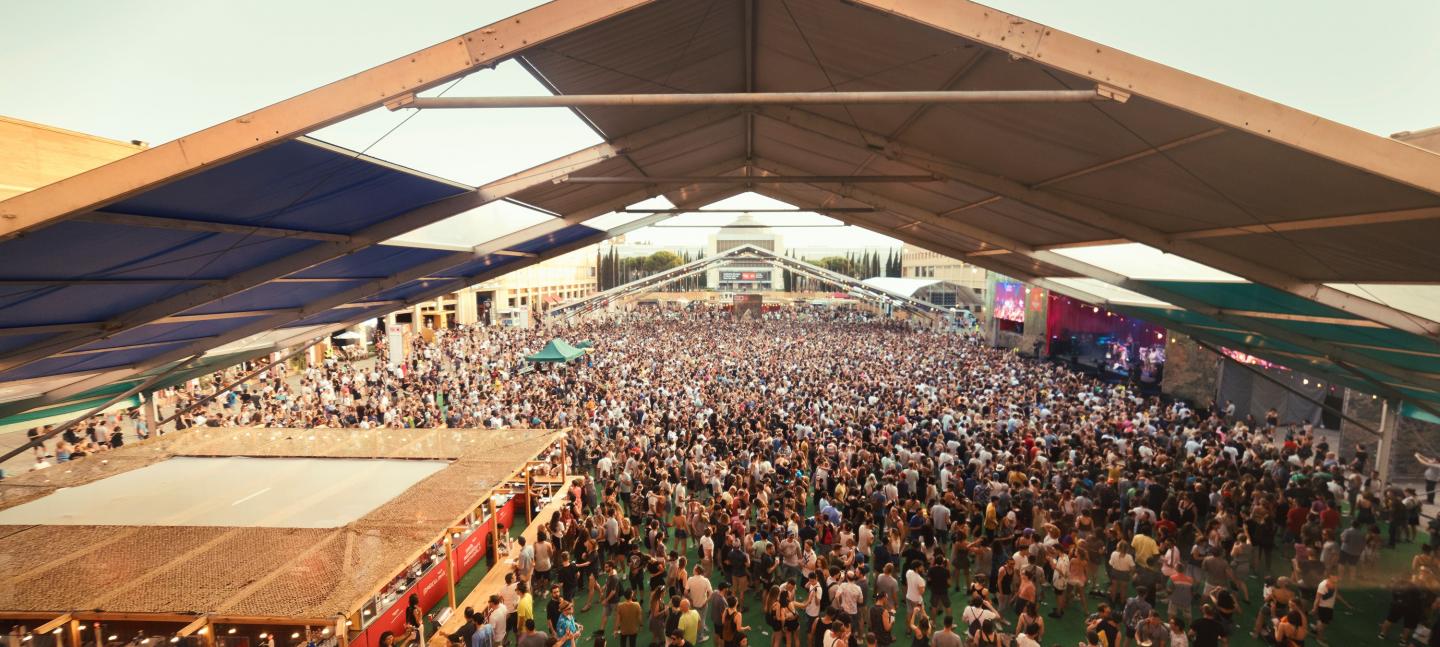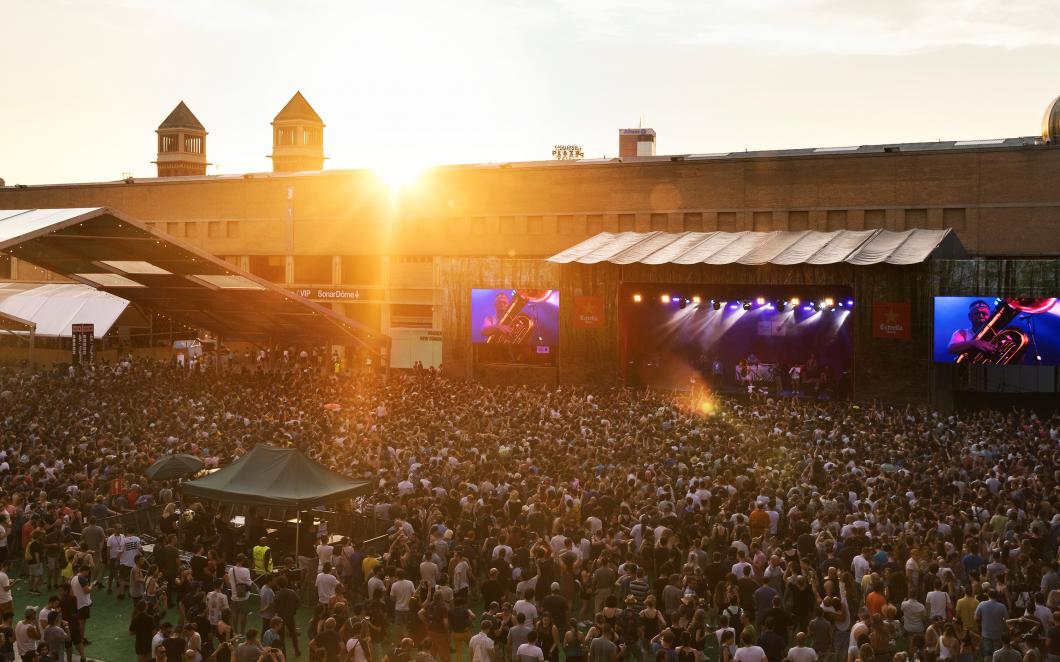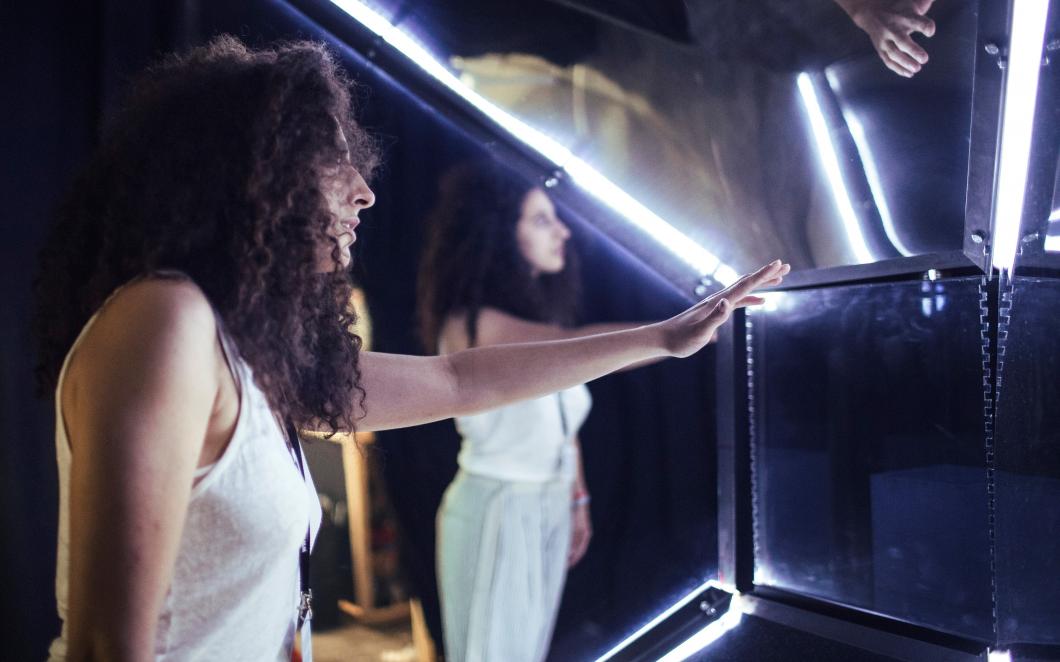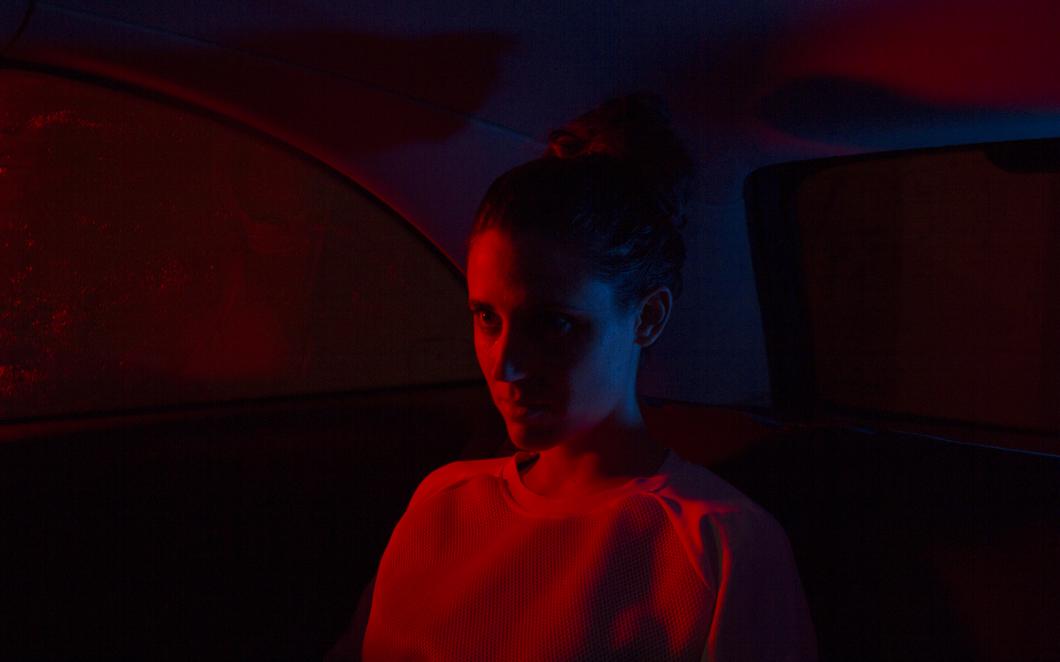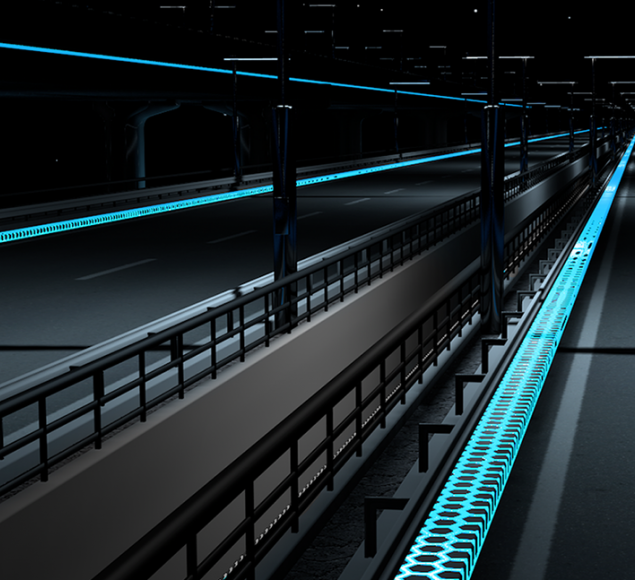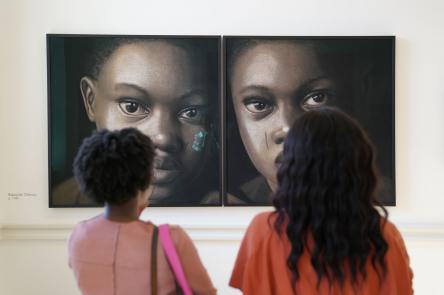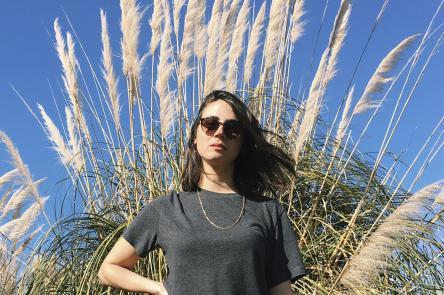
We caught up with Georgia Taglietti, Head of Communications at Sónar Festival, ahead of the second installment of Nocturnal City focussing on the interplay between Barcelona and London. Georgia is set to feature on a panel exploring New Spaces, to share her knowledge of the Barcelona scene and digital perspectives through the eyes of an urban based, international festival such as Sónar.
How would you describe your role at Sónar?
I moved to Barcelona 22 years ago and have been working with Sónar since 1995 on communications, press and international PR. As Head of Communications I try to merge all the communication needs for a contemporary festival. This means a lot of digital, a lot of interaction with social networks, working closely with the marketing department and looking for new creative opportunities as well as expanding the scale of our international reach.
Sonar in 1995, a lot has changed technologically and socially. What role has the festival played on an international and local stage for electronic music and art?
Without a doubt. Sónar has grown into one of the main international events for electronic music, and this brings with it an expanded network and long standing relationships that have helped to change the scene. I think Sónar has played a monumental role in spreading electronic music forward from Spain to Europe, and visa-versa. Transcending from a very local stage to a global one is very important and it’s one of topics that we will discuss on the New Spaces panel at Nocturnal City.
Sónar was one of the first urban city festivals not organised by an institution. The main narrative with festivals is that they exist outside the city where people create their own worlds - there is still that format for festivals - Glastonbury, of course, and Tomorrowland, maybe being the biggest one - but a festival experience which takes place in the heart of a city like Barcelona was completely unique at the time we started and continues to be an important part of our identity.
Sónar has always been an urban festival and our quest has always been to find spaces to reproduce the urbanity of electronic music. It's a very urban sound which becomes true with machines and with noise, and which links to sounds of the city. That’s why the magic formula, like the coca-cola formula for Sónar, is the city, the urban environment of Barcelona.
